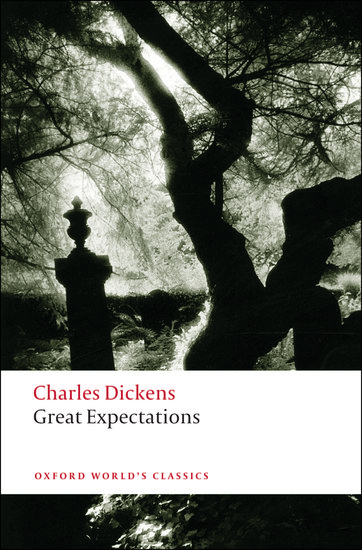Great Expectations: an audio guide
Perhaps Dickens’s best-loved work, Great Expectations tells the story of young Pip, who lives with his sister and her husband the blacksmith. He has few prospects for advancement until a mysterious benefaction takes him from the Kent marshes to London. Pip is haunted by figures from his past — the escaped convict Magwitch, the time-withered Miss Havisham and her proud and beautiful ward, Estella — and in time uncovers not just the origins of his great expectations but the mystery of his own heart. Here is a sequence of podcasts with Robert Douglas-Fairhurst, editor of the Oxford World’s Classics edition of Great Expectations.













